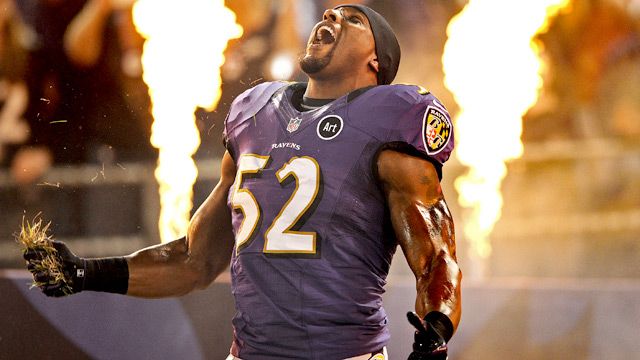If a person is sick, they will seek medical help. A sore elbow, leg, or headache will prompt them to seek the appropriate specialist to make things feel better. Mental and emotional problems, though, are a different sort of problem and not just because these ailments are so stigmatized.
There's something in us that trusts our brains and our perspective over all else - even reality. It just doesn't occur to a paranoiac that their reality is skewed. We innately bind ourselves to these cerebral control systems we have, so that we discount and dismiss emotional problems and mental problems even when it's obvious that there is something wrong. And this is also how we behave as a society.
Our social central nervous system is the set of systems of governance, discussion and feedback we use to discuss things. Government, the press, public debate - that is our collective mind: our way of perceiving issues thinking about them, and acting. It moves us forward towards solving problems, and hopefully past them to paths of material and physical growth.
I would say that such systems are in such disarray today that we can't trust our group psyche. There is no unity, there is only indecision. We're mentally ill, and in denial of it. We may even have aboulomania:
http://en.wikipedia.org/wiki/Aboulomania
"Aboulomania (from Greek a–, meaning "without", and boulē, meaning "will") is a mental disorder in which the patient weakened willpower or pathological indecisiveness. It is typically associated with anxiety, stress, depression, and mental anguish, and can severely affect one’s ability to function socially."
Our problems appear to be everywhere: environmental, economic and even social. But we can't seem to agree on a way forward. We can't even agree on what is a fact anymore. Far from not trusting politicians to lead the discussions, we no longer even trust media, scientists or academics.
This is why MetaDiscussion is needed today. That is, we need to talk about the discussion itself. Our group brain, our way of making decisions, our public forums are broken. They're based on decaying old manifestations of the 'press' (itself an archaic term) that are dying and not coming back.
We need to find a way align our new digital publics to our social institutions as our old ways of discussion (newspapers and television) crumble and wither. We need to digitize our dissent, so that our leaders can cut a way through the darkness, to negotiate, take risks, make decisions and lead us as past leaders had to do.
Otherwise, we will continue in our unhealthy psychosis and its attendant self-denial and inner conflict. In my next blog, I will recommend some group therapists.






